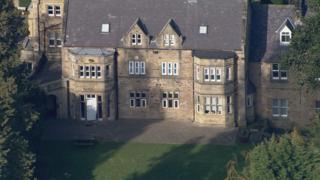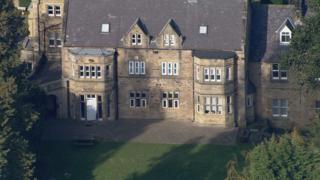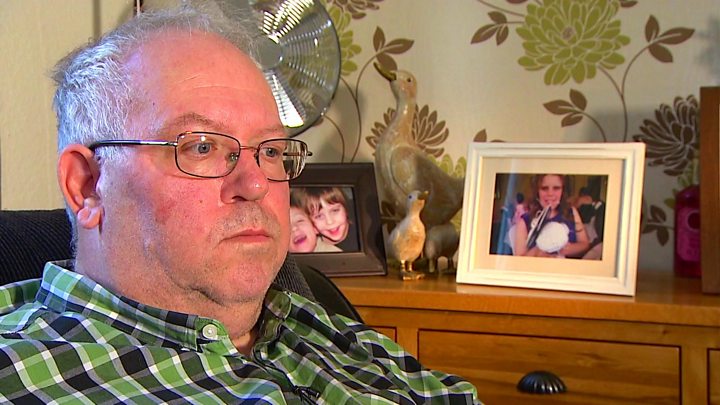Whorlton Hall abuse: Care watchdog wrong not to publish critical 2015 report
An unpublished report on a hospital for vulnerable adults could have prevented abuse, a review finds. …


The care watchdog was wrong not to publish an inspection report raising concerns about Whorlton Hall, four years before a Panorama investigation suggested alleged abuse, a review says.
Former Care Quality Commission inspector Barry Stanley-Wilkinson said not publishing his 2015 report was a “missed opportunity” to prevent abuse.
Last year’s undercover filming appeared to show patients with learning difficulties being mistreated.
Ten workers were later arrested.
The County Durham hospital, which has now been closed, treated patients with severe learning difficulties and autism.
The CQC commissioned David Noble QSO to carry out an independent review into how it dealt with the concerns raised by Mr Stanley-Wilkinson’s draft inspection report and how they were addressed by senior personnel.
The unpublished 2015 report found the hospital, near Barnard Castle, “required improvement”, raising a number of concerns, including inadequate staffing levels, a lack of training and a failure to follow patients’ care plans.
But a subsequent report the following year gave the privately-run, NHS-funded unit an overall rating of “good”.
The Noble review makes seven recommendations relating to the security and availability of notes from CQC inspections, information provided to inspectors about services, and the internal whistleblowing processes of the CQC.
It said one of the main reasons Mr Stanley-Wilkinson’s report was not published was that it was considered to be “not of publishable quality” and lacked evidence to back up some of the findings.

Media playback is unsupported on your device
But Mr Stanley-Wilkinson, who later resigned from the CQC, said the failure to publish his 2015 report “was a missed opportunity to potentially prevent the abusive practices that we saw in the Panorama documentary”.
He said: “I’m still struggling to understand why that inspection report was never published.
“The CQC has said there wasn’t sufficient evidence within the report. I was never asked to make any further amendments, I was never asked to supplement the report with further evidence.
“For them to say there was insufficient evidence within the report, that wasn’t the responsibility of just my managers to make that decision, it was the responsibility of a quality panel to make that decision.
“But it never went to a quality panel.”
The undercover Panorama filming at Whorlton Hall shook the sector. It came eight years after an expose at a similar facility, Winterbourne View.
That scandal prompted ministers, inspectors and senior people in the learning disability sector to promise it would not happen again.
People would be moved out of these type of units and tougher regulation would ensure these vulnerable patients were treated with dignity and respect.
So the fact that warnings over the care being provided at Whorlton Hall went unheeded seems unforgiveable and prompt even more questions about how these institutions are regulated.
After the BBC programme was aired, the Care Quality Commission claimed it was incredibly difficult to spot the signs of problems in the closed cultures that characterise these sort of institutions.
But it is now clear the evidence the CQC needed to prompt them to take a closer look was under their noses all along.
If the concerns of Barry Stanley-Wilkinson had been acted on, his bosses at the Care Quality Commission would surely have been compelled to keep a closer eye on what was going on at Whorlton Hall long before the BBC did.
Sir Stephen Bubb, who wrote a report into the Winterbourne View scandal, said: “In 2014 I recommended that the government close these institutions. They are by their nature abusive and I said we needed to develop community facilities.
“The government accepted that report but have done very little about it.
“You need don’t need more reviews. You need action to close them.”
Whorlton Hall had at least 100 visits by official agencies in the year before the abuse was discovered.
A separate review of the CQC’s regulation of the hospital between 2015 and 2019 has yet to be published.
Danshell Group ran the 17-bed hospital unit in 2015 and was taken over by Cygnet in 2018. Cygnet said it was “shocked and deeply saddened” by the abuse allegations.

